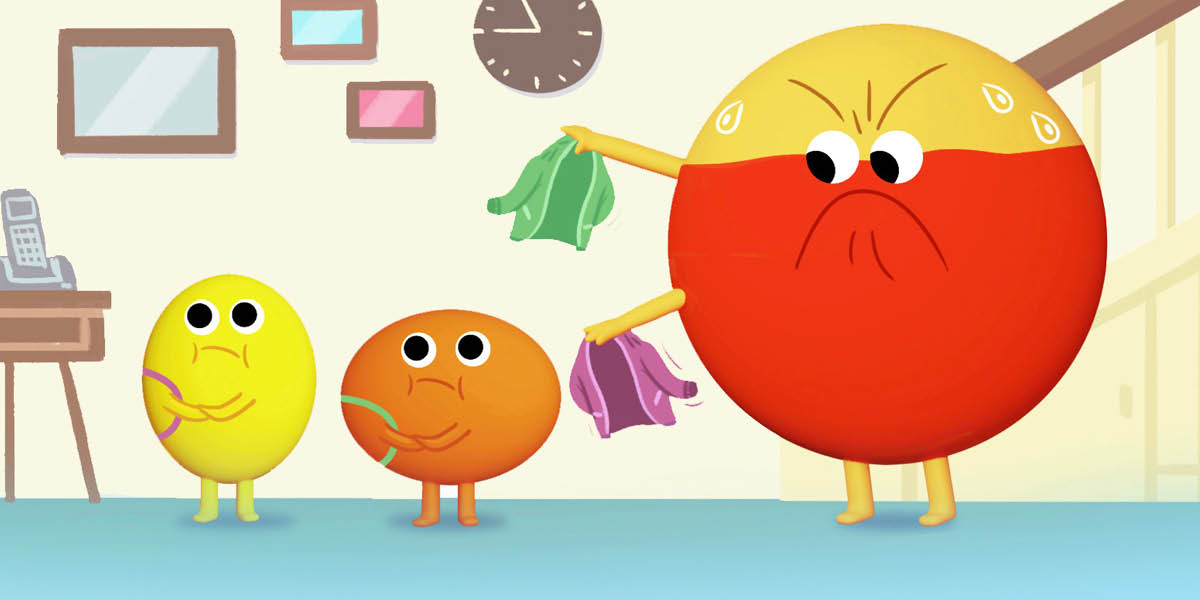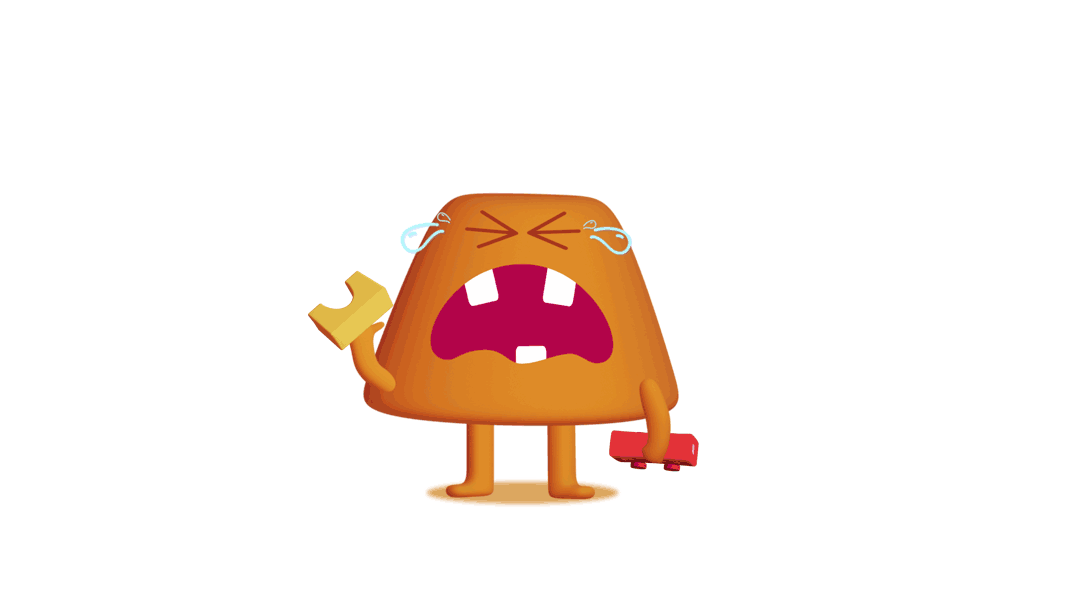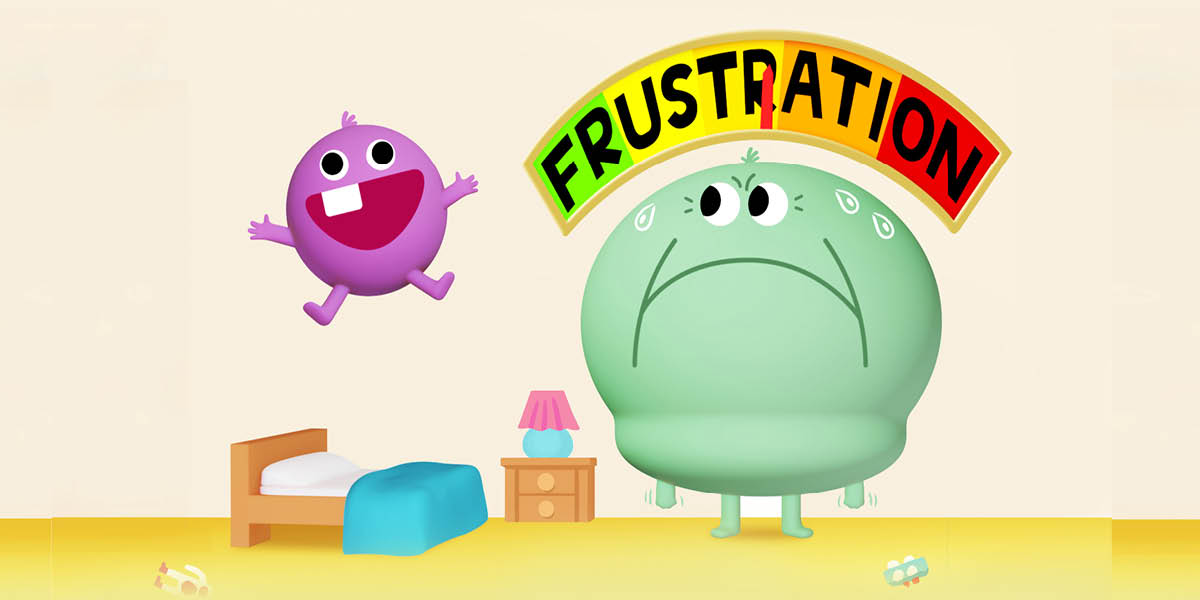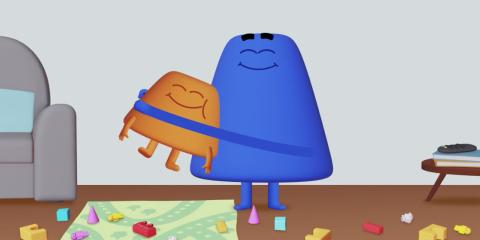Being a parent can be hard work. All kids are difficult at times, no matter how old they are. Keeping your cool can feel impossible at times. But there are things you can do to stay in control - no matter how much they’re testing your patience.
Keeping calm with your baby
Dealing with a crying baby can be difficult, especially when you don’t know why they’re crying. Crying is their only way to let us know they're not happy. It just doesn’t tell us why. If you’ve fed and changed your baby, they’ve just been down for a nap and are still crying the house down it can be very upsetting. You can feel at your wit’s end.
Crying babies are not misbehaving. They just can’t tell you what’s wrong. Maybe they don’t like their food, they’re uncomfortable, they don’t feel well, or they just want a cuddle. We’ve compiled some tips on what to do if your baby is constantly crying.
It’s normal for new parents to feel overwhelmed and anxious at times. And that’s why it’s so important to look after yourself, here are some ideas.
Keeping calm with your toddler
At this age your wee one will start testing your patience and pushing your buttons. As hard as it can feel, this is a normal stage of development and helps them to learn independence.
Children need consistent boundaries to feel secure – even if they push against them! It will teach them what is acceptable behaviour. Talking about your emotions can help them understand their own emotions and how to express themselves.
Tantrums are inevitable with a toddler, but there are things you can do to cope with the situation. Be aware of what sets your child off - whether it’s getting dressed or having dinner, and be prepared for any challenging behaviour.
Keeping calm with your child
As your child gets older you might feel they should know how to behave. But they’re still learning, and pushing boundaries is a part of growing up. When they’ve misbehaved, talk about the thing they’ve done and not them personally. They’re not bad, their behaviour is. By not making it personal, this can stop the situation becoming worse.
They may be disappointed or upset about something, so try to see things through their eyes and why they’re upset. Make sure you let them know that it’s ok to feel angry or sad, but the behaviour is not ok.
Remember that you’re not alone –all of us struggle from time to time. Talk to someone you trust, like a partner, friend, family member, health visitor or your GP. If you don’t want to talk to someone you know, you can also chat to Children First's support line..
What if I don’t get it right?
Staying calm when you’re wound up isn’t easy and takes practice, so don’t be hard on yourself if you don’t always get it right. All parents lose their temper sometimes, but you can set a positive example to your child by saying sorry if you do.
Remember that you’re not alone – all of us struggle from time to time. Talk to someone you trust, like a partner, friend, family member, health visitor or your GP. If you don’t want to talk to someone you know, you can also chat to Children First's support line.

Free Togetherness Online Learning Pathways for parents and carers
Parenting is a busy time of life. Sometimes things can come up that you might want to explore more about to help you think how you can best support your child. The Togetherness Online Learning Pathways cover a wide range of topics and ages from pregnancy to 19+ years. These resources take you on a learning journey for understanding childhood development, behaviour and wellbeing, to help build stronger connected relationships and resilience for the everyday.
You can find out more at Togetherness and access the courses for free using the code TARTAN.
 Activities & Play
Activities & Play Behaviour
Behaviour Childcare
Childcare Development & Growing Up
Development & Growing Up Family, Friends & Relationships
Family, Friends & Relationships Feeding Your Baby
Feeding Your Baby Food & Eating
Food & Eating Health & Safety
Health & Safety Mental Health & Wellbeing
Mental Health & Wellbeing Money & Work
Money & Work Online Behaviour & Safety
Online Behaviour & Safety Pregnancy & First Days
Pregnancy & First Days School & Education
School & Education Sleep
Sleep










 Family, Friends & Relationships
Family, Friends & Relationships
 Mental Health & Wellbeing
Mental Health & Wellbeing